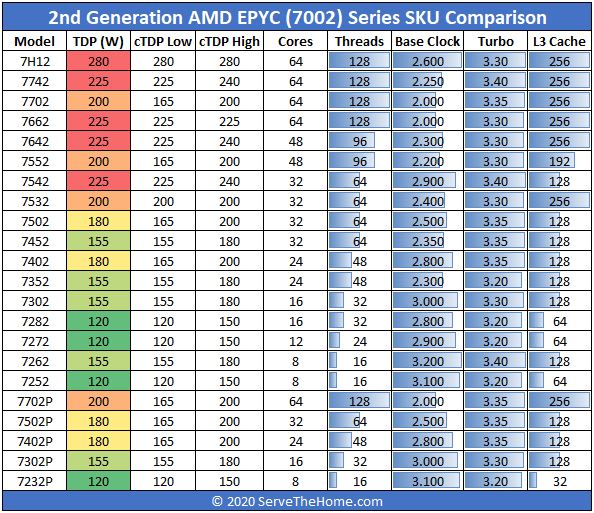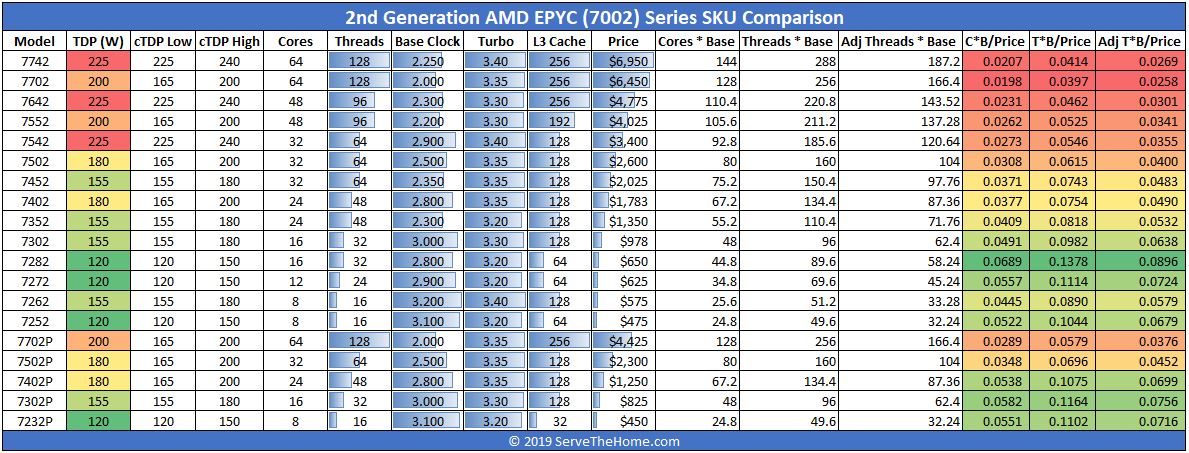- May 16, 2002
- 27,398
- 16,242
- 136
So now that I have 2 boxes, I thought I would start a builders thread, and also pass along what I have learned.
First, They are are cheap, and they are a different animal to build (see below)
OK, so first, I got these 2 7551 ES chips for $300 each, I thought, well that is cheap for a 32 core CPU, and with 8 channel memory they won't be handicapped like my 2990wx's.
Now to the bad... First they were only compatible with ONE motherboard that was available to buy, and with a BIOS that I had to fight with Gigabyte to provide me with ! (not available online)
So I tried several other motherboards and different BIOS's since I could not even find this one online. FINALLY I found the board at $470. I updated the BIOS (odd way, boot into motherboards default stream environment (or something like that) and do a DOS bios update. Well, it worked. Then while trying to install linux mint 19.2, no internet ???? Oh, I did not read the fine print. No ethernet that goes outside the local lan. Only SFP+ (whatever that is), so after some reasearch, I find the adapter for $13 more.
OK fast forward to when I now have an install and updated with ethernet. This 32 core chip only runs turbo all core at 1.6 ghz !!! So I spent almost $500 on the motherboard, and for 128 gig of ECC registered (the cheapest I could find@64 gig on 8 sticks or more) at another $530 and a $300 CPU I have $1330 invested in a 1600 mhz 32 core box... Picture:

And before I got this working, one of the motherboards I tried (dual socket) that would not work with these ES chips, I found 2 7601 used retail chips for $1750 and a $650 motherboard. Now this one needed 16 sticks so that was $1100. So now I am in this one $3500 with no SSD, case or PSU. Well, I get it running, and it only boosts all core to 2.6 ghz. But at least thats a far cry to 1600 mhz.
Here:

Bottom line ? The new 3960x and 3970x are not overpriced. At the same speed they are almost twice as fast. And don't venture into EPYC chips unless you have wads of cash to blow and learn. I bought another motherboard for my 2nd 7551 ES chip, so now I have to build that box too !
But I will soon have 3 server grade ECC memory chip boxes with 128 cores and 256 threads for almost $6000. I can't even get video cards to fit in these, as the memory and heatsinks are in the way ! I have to use the on-board video.
First, They are are cheap, and they are a different animal to build (see below)
OK, so first, I got these 2 7551 ES chips for $300 each, I thought, well that is cheap for a 32 core CPU, and with 8 channel memory they won't be handicapped like my 2990wx's.
Now to the bad... First they were only compatible with ONE motherboard that was available to buy, and with a BIOS that I had to fight with Gigabyte to provide me with ! (not available online)
So I tried several other motherboards and different BIOS's since I could not even find this one online. FINALLY I found the board at $470. I updated the BIOS (odd way, boot into motherboards default stream environment (or something like that) and do a DOS bios update. Well, it worked. Then while trying to install linux mint 19.2, no internet ???? Oh, I did not read the fine print. No ethernet that goes outside the local lan. Only SFP+ (whatever that is), so after some reasearch, I find the adapter for $13 more.
OK fast forward to when I now have an install and updated with ethernet. This 32 core chip only runs turbo all core at 1.6 ghz !!! So I spent almost $500 on the motherboard, and for 128 gig of ECC registered (the cheapest I could find@64 gig on 8 sticks or more) at another $530 and a $300 CPU I have $1330 invested in a 1600 mhz 32 core box... Picture:

And before I got this working, one of the motherboards I tried (dual socket) that would not work with these ES chips, I found 2 7601 used retail chips for $1750 and a $650 motherboard. Now this one needed 16 sticks so that was $1100. So now I am in this one $3500 with no SSD, case or PSU. Well, I get it running, and it only boosts all core to 2.6 ghz. But at least thats a far cry to 1600 mhz.
Here:

Bottom line ? The new 3960x and 3970x are not overpriced. At the same speed they are almost twice as fast. And don't venture into EPYC chips unless you have wads of cash to blow and learn. I bought another motherboard for my 2nd 7551 ES chip, so now I have to build that box too !
But I will soon have 3 server grade ECC memory chip boxes with 128 cores and 256 threads for almost $6000. I can't even get video cards to fit in these, as the memory and heatsinks are in the way ! I have to use the on-board video.
Last edited:






